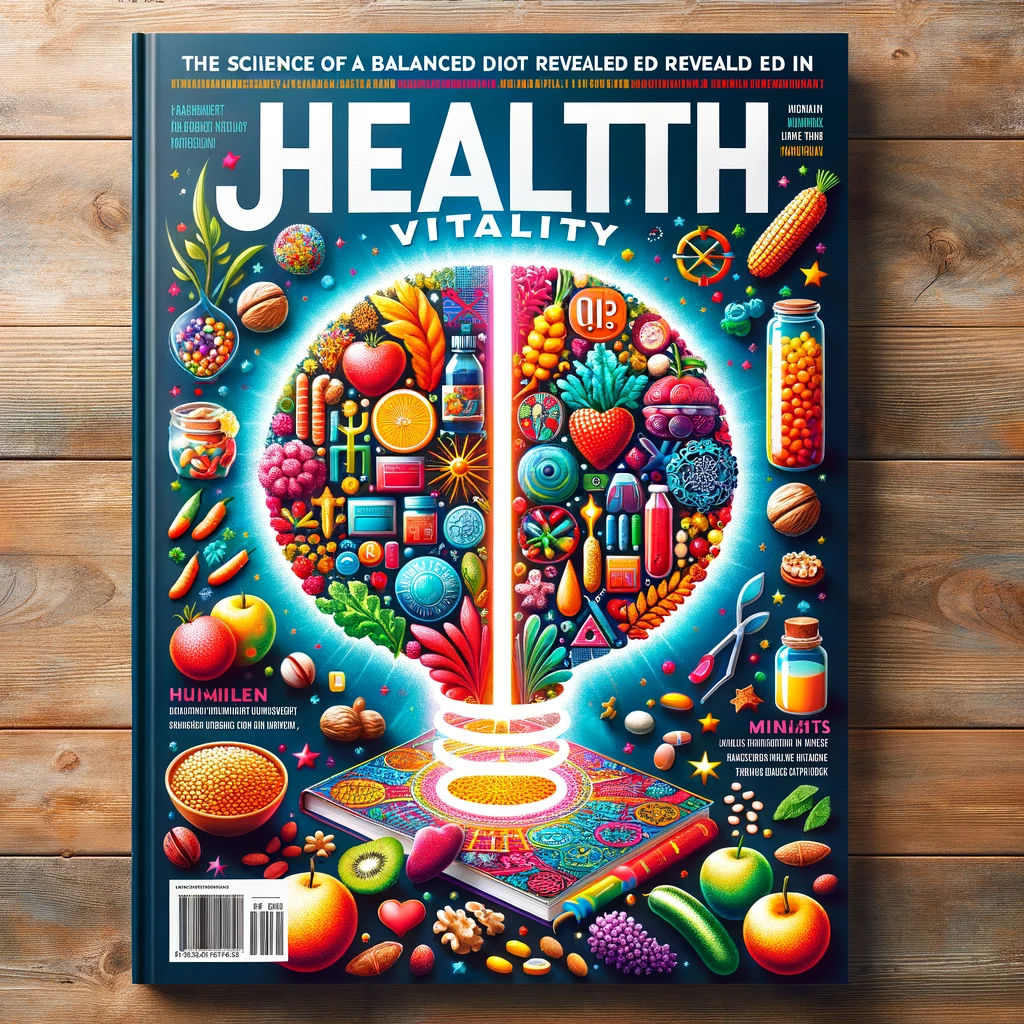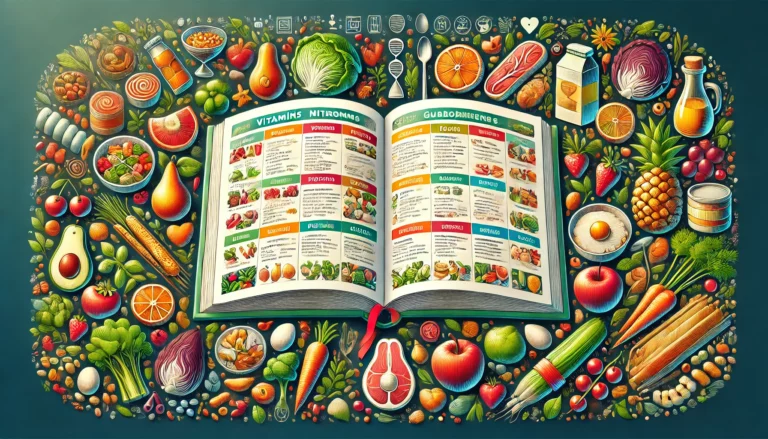Unlocking Vitality: The Science of a Balanced Diet Revealed in Health Journal
Welcome to Health Journal, where we delve into the essentials of nutrition and well-being. Today, we’re exploring the cornerstone of health: a balanced diet.

The Essence of a Balanced Diet
A balanced diet is a nutritional strategy that ensures your body receives the right proportions of macronutrients (proteins, fats, and carbohydrates) and micronutrients (vitamins and minerals) it requires for optimal functioning. It’s about variety, moderation, and consuming a wide range of foods in appropriate quantities.
The Five Pillars of a Balanced Diet
- Fruits and Vegetables: Rich in vitamins, minerals, and fiber, they should cover half your plate, providing the antioxidants and nutrients your body craves for disease prevention and health maintenance.
- Proteins: Essential for muscle repair and growth, proteins should be lean and varied, including plant-based sources like legumes and nuts, alongside fish, poultry, and meats.
- Whole Grains: Integral for energy and digestion, whole grains like brown rice, quinoa, and whole wheat products offer sustained energy and fiber.
- Dairy or Alternatives: Important for bone health, opt for low-fat or plant-based alternatives rich in calcium and vitamin D.
- Fats: Essential yet often misunderstood, healthy fats from avocados, olive oil, and fatty fish support brain health and nutrient absorption.
The Impact of a Balanced Diet on Health
- Weight Management: A balanced diet aids in maintaining a healthy weight, reducing the risk of obesity and related diseases.
- Chronic Disease Prevention: Proper nutrition can prevent or manage heart disease, diabetes, and certain cancers.
- Improved Mental Health: Nutrient-rich foods enhance brain function, impacting mood and cognitive abilities positively.
- Enhanced Energy Levels: Balanced meals ensure steady energy, avoiding the highs and lows associated with sugary and high-fat foods.
- Longevity and Quality of Life: A diet rich in essential nutrients can prolong life and improve its quality by preserving physical and mental health.
Implementing a Balanced Diet in Daily Life
- Plan Your Meals: Ensure each meal includes components from the five pillars.
- Moderation is Key: Enjoy all foods in moderation, understanding portion sizes to avoid overeating.
- Stay Hydrated: Water is crucial for digestion, nutrient absorption, and overall health.
- Limit Processed Foods: Opt for whole, unprocessed foods to reduce intake of excess sugars, salts, and unhealthy fats.
- Listen to Your Body: Eat when you’re hungry and stop when you’re full. Mindful eating practices can help maintain a balanced diet.
Challenges and Solutions
While the concept of a balanced diet is straightforward, implementing it can be challenging due to busy lifestyles, dietary restrictions, or limited access to fresh foods. Planning and preparing meals in advance, educating oneself on nutritional labels, and seeking professional advice when necessary can help overcome these obstacles.
Conclusion
A balanced diet is more than a nutritional recommendation; it’s a lifestyle choice that enhances the quality and longevity of life. By embracing the diversity of foods within the recommended guidelines, you can unlock the door to optimal health and vitality. Stay informed with Health Journal, your partner in the journey towards a healthier, more balanced life.






